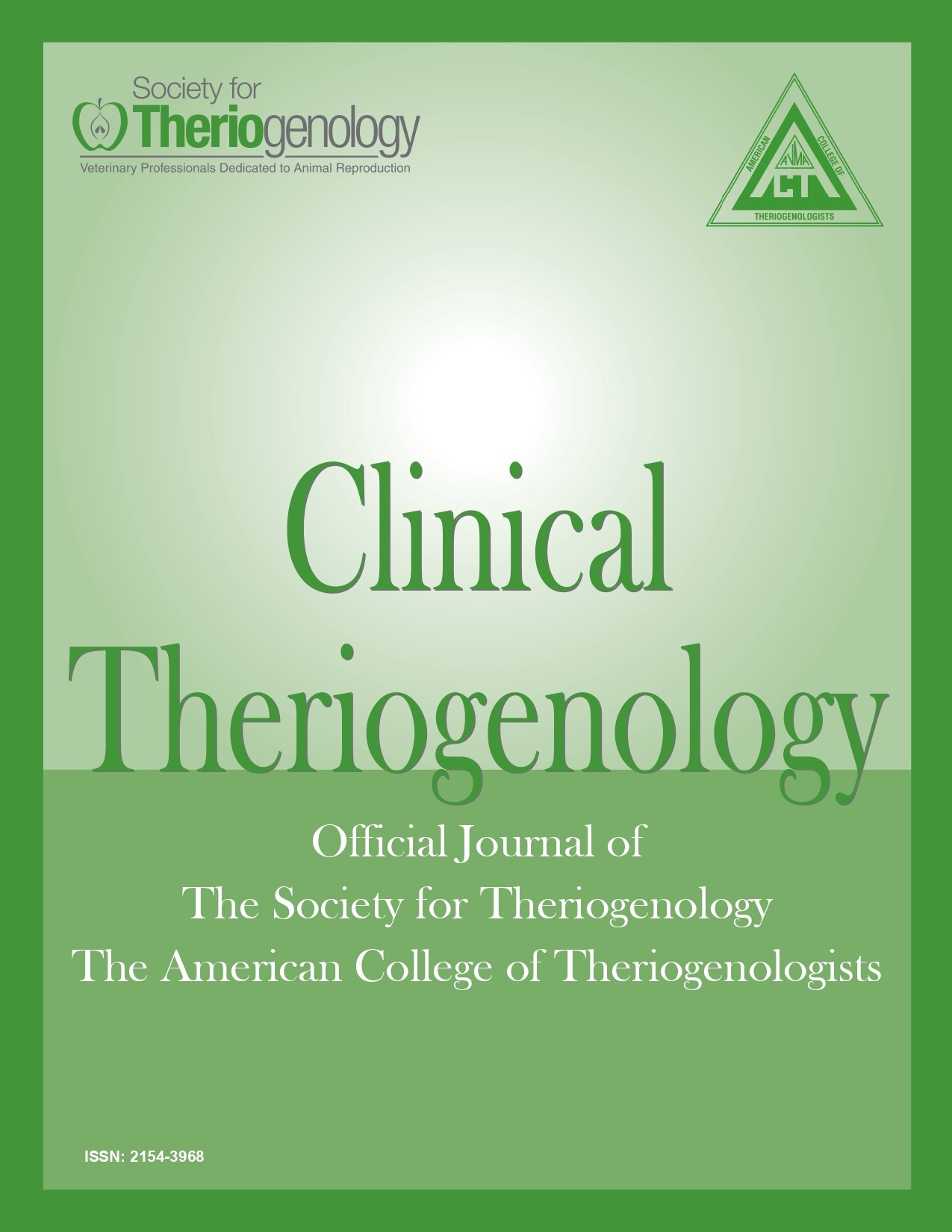Genomics, transcriptomics, and proteomics of normal and abnormal equine placenta: better understanding of late pregnancy function and dysfunction
Abstract
High-throughput methods to assess genomics, gene messenger RNA expression, and protein composition of tissues and body fluids have led to rapid advancement in understanding of normal and abnormal function of many body systems across a wide variety of animal (mammalian and nonmammalian) species. Over several years, these techniques were applied to study normal physiology and disease of pregnant mare, focusing on placental and fetal fluids. Although our understanding of endocrine aspects of pregnancy in mares is reasonably advanced, much of our understanding related to placental function and dysfunction remains limited. This review covers studies that detailed normal pregnancy changes in fetal and maternal placenta, along with changes in gene expression in a number of late-pregnancy diseases.
Downloads

This work is licensed under a Creative Commons Attribution-NonCommercial 4.0 International License.
Authors retain copyright of their work, with first publication rights granted to Clinical Theriogenology. Read more about copyright and licensing here.





